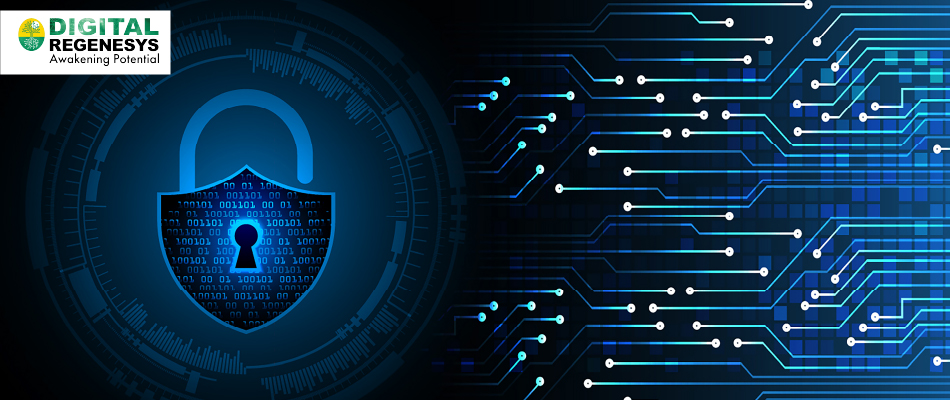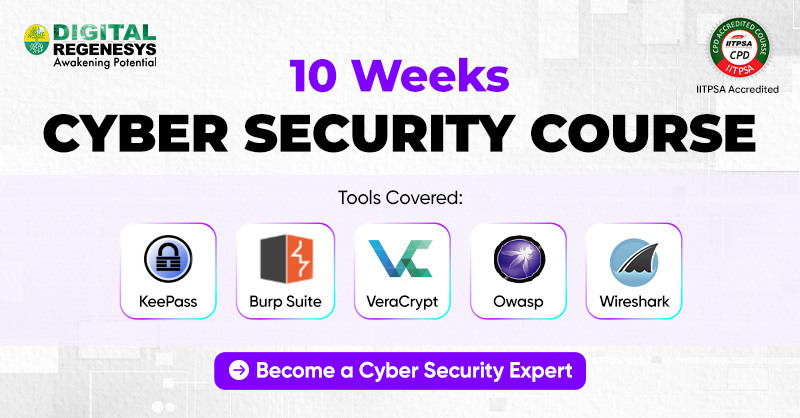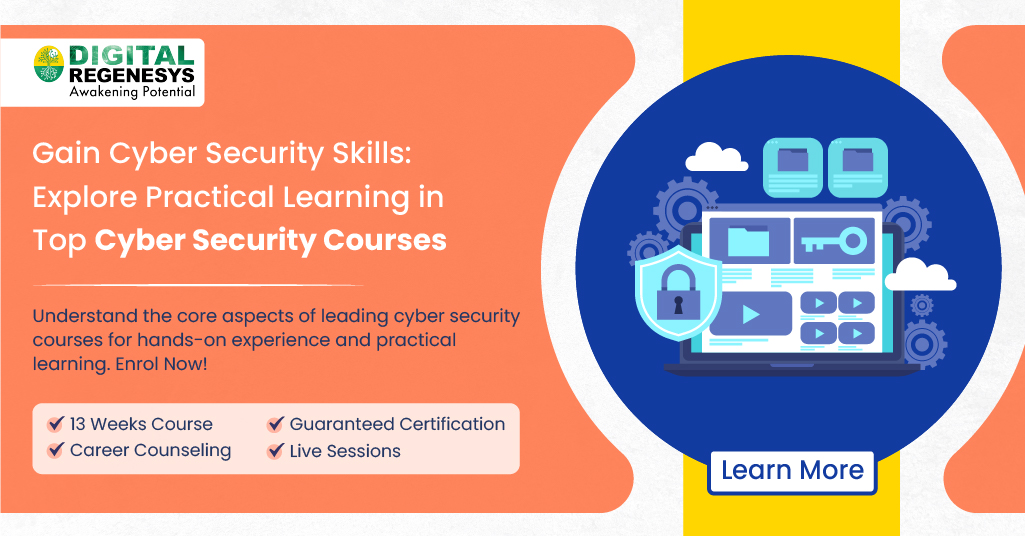What to Expect from the Best Cyber Security Courses for Practical Learning?

With the changing digital environment, the need for cyber security is of the utmost level. Today, digital platforms experience persistent and flexible cyber threats, forcing businesses to safeguard their digital assets with double security. As a result, this has led to a significant surge in the demand for proficient professionals to protect digital systems from data breaches, thefts and more.
Moreover, since cyber threats are becoming more advanced, cyber security professionals are compelled to enhance their skills. Hence, almost every professional undergoes continuous training to prepare themselves to stay up-to-date with the current status of tech-security issues.
In this context, the importance of a comprehensive cyber security course has never been more evident. These courses have become a keystone for individuals to be involved in practical learning. So, in this article, let’s explore the aspects included in cyber security courses for practical learning.
Overview of Cyber Security Courses
Cyber security courses are well-designed training programmes encompassing a broad spectrum of technologies, techniques, strategies, and approaches. They specifically aim to educate individuals to protect applications, data, networks, devices, and equipment against damage, unauthorised access, and attacks. As a result, an individual enroling in a cyber security course will be introduced to get a comprehensive understanding of cyber defences through topics like:
- Network Security
- Cryptography
- Ethical Hacking
- Web Security
- Secure Software Development
- Cloud Security
- Compliance and Regulatory Standards
- Emerging Technologies and Trends
Learners will get practical skills on these topics through hands-on labs and real-world case studies, which allow them to apply their theoretical knowledge in simulated environments. They will also gain the opportunity to earn industry-standard certifications that validate their expertise and improve their chances of getting hired. Besides, expert instruction and mentorship from these courses will enhance the learning experience and prepare students for various cyber security roles.
Consequently, completing these courses will help individuals play a crucial role in protecting digital assets and privacy in our highly connected world.

Key Aspects of Cyber Security Courses For Practical Learning
Cyber security courses structure a curriculum with different practices to help students gain practical learning. This curriculum gives the learners a well-rounded education that guides them to handle real-world cyber security issues seamlessly. It offers an in-depth exploration of sophisticated subjects within the cyber security domain.
So, here are some of the critical aspects included in cyber security courses for enhancing practical learning:
Hands-On Experience Through Labs:
Effective cyber security training courses stand out by providing hands-on experience through labs and simulations. These hands-on exercises give students the opportunity to put their theoretical knowledge into practice in a controlled setting that simulates real-world situations. Whether it’s setting up firewalls, identifying intrusions, or addressing cyber threats, hands-on labs offer valuable experiential learning.
Therefore, when selecting a course, prioritise those that offer a wide variety of lab exercises in different cyber security areas, such as network security, cryptography, and ethical hacking.
Real-World Projects and Case Studies:
Experimenting with real-world cyber security cases is crucial to learning about cyber security in a practical way. Examining past cyber attacks, breaches, and effective defence plans gives students essential insights into the complexities of cybersecurity. The most effective courses for cyber security use real-life examples from various sectors, such as banking, healthcare, and government, to expose students to different types of threats and regulations.
As a result, learners can improve their critical thinking skills by analysing real-life situations and becoming better at foreseeing and preventing potential cyber threats.
Virtual Cyber Range Exercises:
Cyber ranges are virtual environments created for cyber security training and simulations. These platforms mimic intricate network setups, including servers, workstations, and simulated internet activity. Through cyber range exercises, students are placed in realistic scenarios like dealing with ransomware attacks or investigating data breaches, enabling them to improve their skills in a secure setting.
Today, most top cyber security courses incorporate cyber range drills to provide students with hands-on experience without risking real systems or data.
Expert Instruction and Mentorship:
The best cyber security courses are taught by instructors with theoretical knowledge and practical experience in the field. Therefore, seek out classes led by professionals with a strong background in cyber security practice, research, or teaching.
Moreover, along with top-notch instruction, an effective mentorship can significantly improve your learning experience. These courses connect students with experienced professionals who offer guidance, advice, and career tips to help them navigate the complexities of the cyber security industry.
Industry-Standard and Valuable Certifications:
Getting industry-standard certifications is a great way to prove your skills in cybersecurity. As a result, working towards certifications not only gives you a clear learning path but also makes you more attractive to employers and shows your dedication to your career. Besides, since certification often has hands-on parts, like simulations or practical questions, it highlights your knowledge and skills in the real-world cyber security field.

Conclusion
Cyber security courses focusing on practical learning provide a comprehensive approach with hands-on labs, real-world case studies, cyber range exercises, industry-standard certifications, and expert guidance. Through their immersive and engaging learning environments, these courses empower students with the necessary knowledge, skills, and confidence to address the dynamic challenges of cybersecurity.
So, whether you are a newcomer to the field or an experienced professional aiming to stay current, investing in a high-quality online cyber security course can open up career prospects and contribute significantly to safeguarding digital assets and privacy. With Digital Regenesys, you can access the best Cyber Security Course with the best mentorship and learning experience. Join now!
FAQs on What to Expect from the Best Cyber Security Courses for Practical Learning?
Last Updated: 8 September 2025
